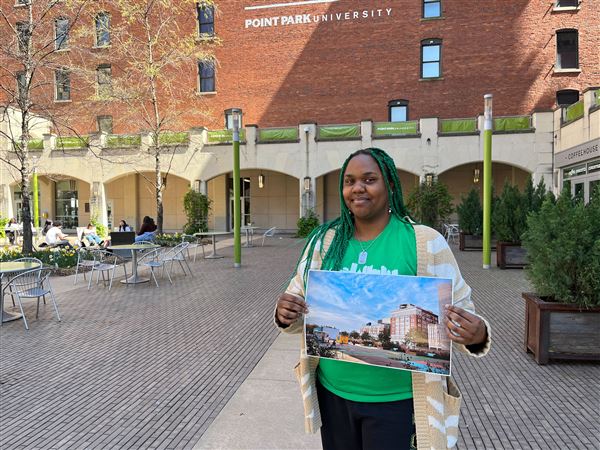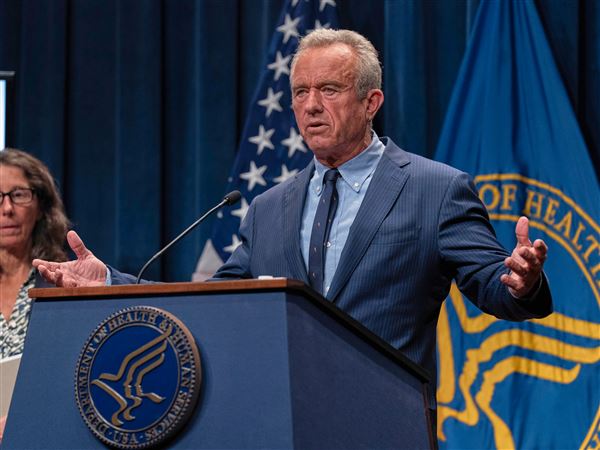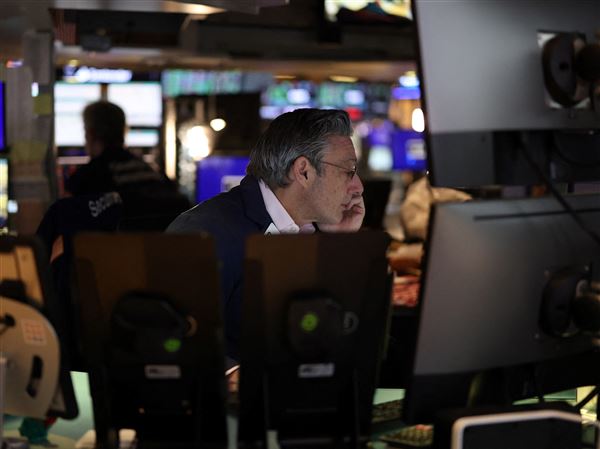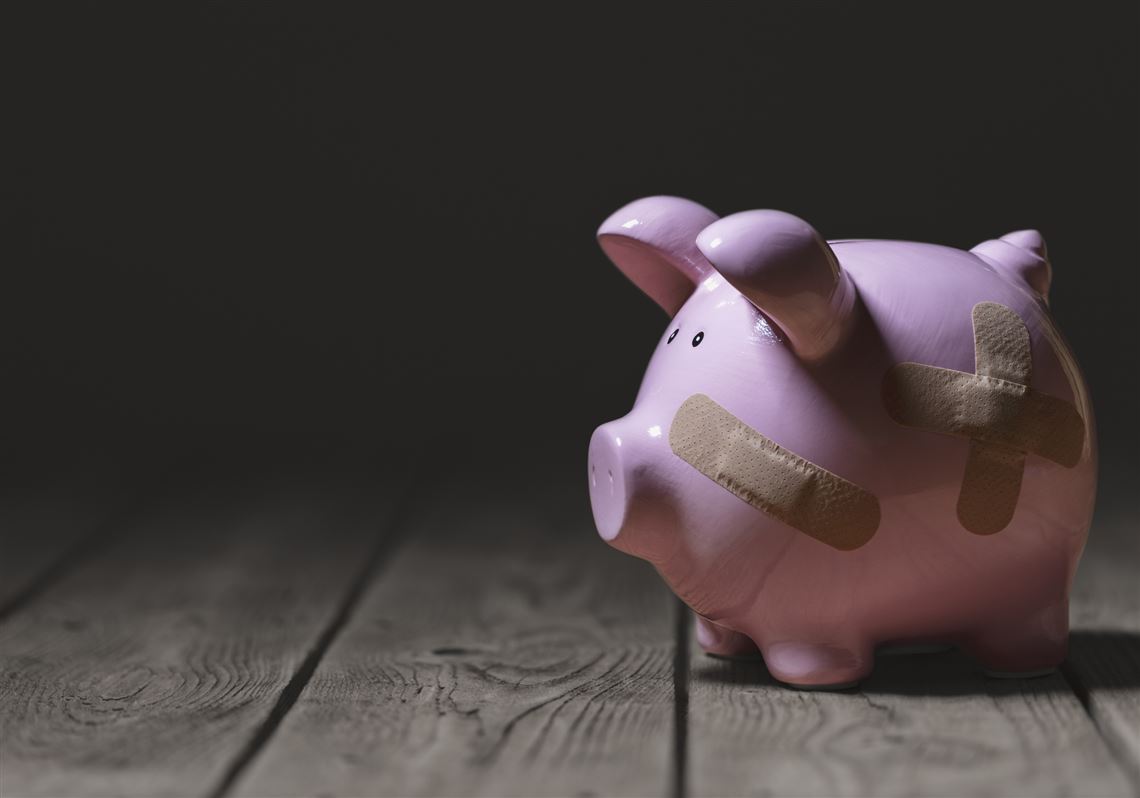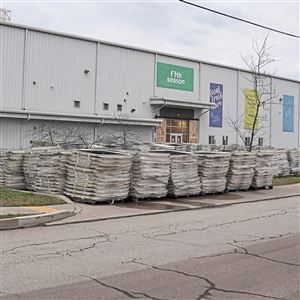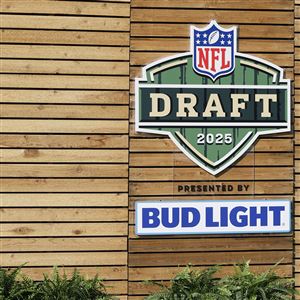First in an occasional series by Post-Gazette editorial page intern Phillip Leong about the political consciousness of Generation Z.
It’s a basic assumption of modern life that each generation will live better than the last. In some senses of “progress,” this is true: the internet has given us access to a bottomless well of information; the chicken pox vaccine ended the rite of passage of itchy scabs; and cars no longer guzzle as much carbon-emitting gas.
Like all young generations Gen Z has our normal share of anxieties. We feel that we lack control over our lives, that old people don’t understand us, that politics is a mess, and so on. Unlike previous generations, however, these feelings are laced with a deep sense of cynicism and fatalism.
We don’t see any reason to believe our generation’s fortunes, especially financially, will improve in adulthood. And we don’t see any reason to believe the world will get better any time soon.
Since the Baby Boomers (born between 1946 and 1964), each generation has done worse financially. According to Self Financial, an online credit score analyst, 52.2% of America’s wealth belongs to Baby Boomers, while 27.6% belongs to Gen X (born between 1965 and 1980) and only 5% belongs to Millennials (those born between 1981 and 1996).
Some may argue that this generational gap is normal, that young people always start out with less but, after years of good old-fashioned hard work, eventually gain more. But today, that’s an old wives’ tale. Wealth isn’t being passed down; it’s being hoarded.
In their 30s, Baby Boomers had a median wealth of about $133,000 in 2021 inflation-adjusted dollars. Gen X, on the other hand, held only $84,000 at the same age. And Millennials? They only have $64,000. That’s less than half the wealth held by young adults two generations prior.
Given these facts, and the struggles that go with them, it’s hard for my generation to look forward to our future. Technology may be advancing — but will we be able to afford to enjoy it? The baseline of comfortable living feels like a stretch for most of us, and completely out of reach for many of us. As far as we can tell, this generational decline is destined to continue, while housing prices soar in every major city and millions of jobs are being replaced by machines. There is no longer a clear or secure path to get ahead.
What about college? In late 2021, the National Association of Colleges and Employers reported that in 2020 only half of college graduates were able to find a full-time job from a traditional employer six months after graduation. These people are tens or even hundreds of thousands of dollars in debt, and 50% of them are working for less than a living wage, freelancing or unemployed.
Meanwhile, current high school students are painfully aware that college is more competitive and expensive than ever. College used to be a ticket to the middle class; now it’s just a lottery ticket.
What are we to do?
Some will say we just need to work harder, and there’s some truth to that. We can commit ourselves to more shifts, more hours and higher efficiency. We can work multiple jobs and work weekends and holidays, too. This may be our lot in the economy we inherit. Previous generations made these kinds of sacrifices, and so can we.
But those generations made those sacrifices in return for long-term security. Wages rose. Promotions were given. Pensions were offered. Those promises simply aren’t offered today. The idea used to be that hard work would lead to a better life. Now, the idea is that hard work will just keep your head above water for the rest of your life.
That’s why many of us will opt out entirely. Suited with cynicism from head to toe, they’ll simply be along for the wild ride of decline, enduring the turbulence and holding on with whatever grip they can muster. It won’t fix their empty pockets and thin wallets, but it also won’t require hard labors seemingly destined to be fruitless.
I don’t have a solution for this problem of being losers at birth. But the first step is for the members of previous generations who got us to this point to acknowledge that the system is broken. Only then will it be possible for any sense of optimism to be restored.
Phillip Leong is an editorial page intern at the Post-Gazette. He is a rising senior at the Winchester Thurston School.
First Published: July 17, 2022, 4:00 a.m.

